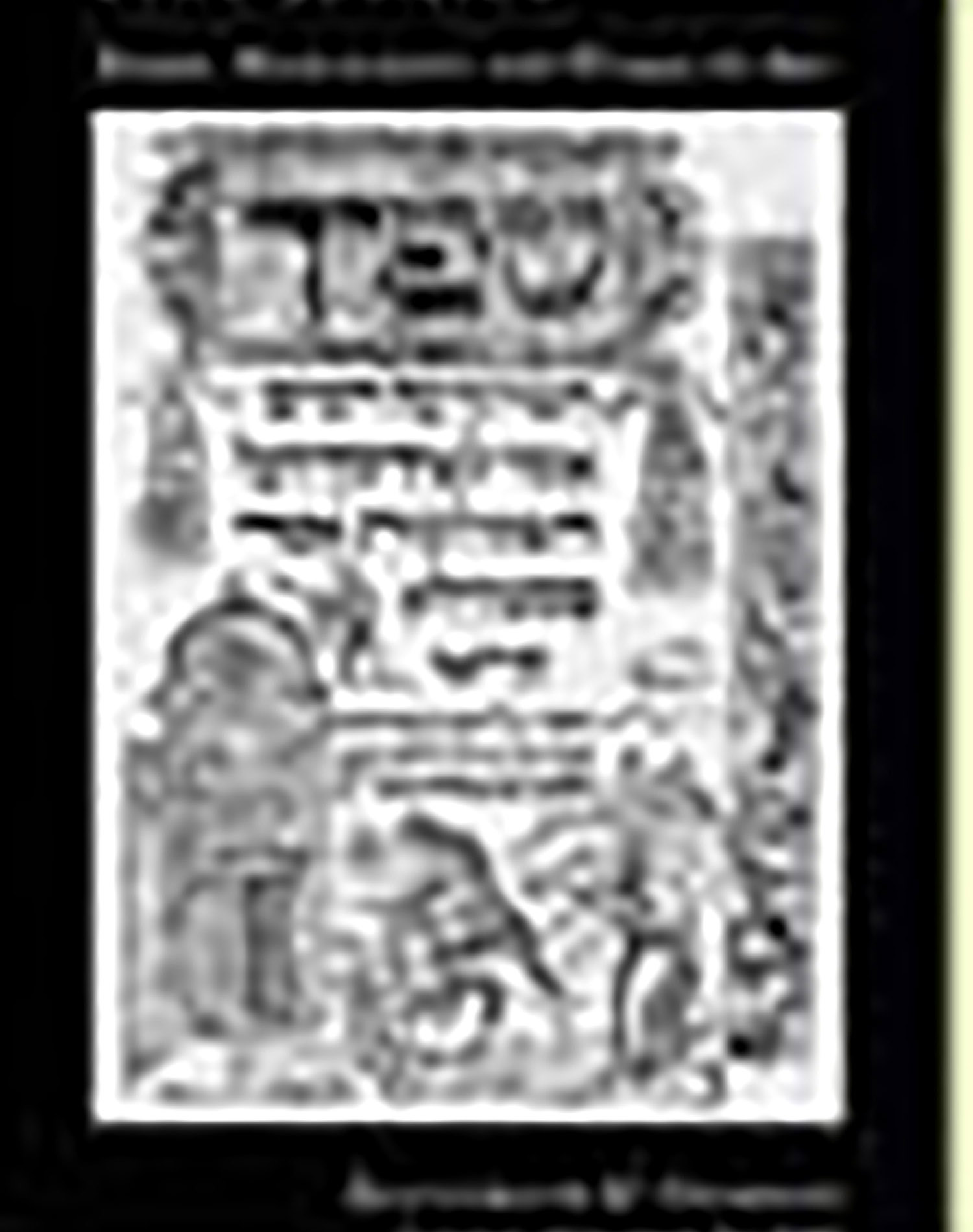BIBLE, Hebrew and English. PENTATEUCH). Torath Ha’elo-him - The Law of God. Edited and “With Former Translations Diligently Compared and Revised” by Isaac Leeser.

AUCTION 6 |
Tuesday, November 17th,
1998 at 1:00
Fine Judaica: Books, Manuscripts and Works of Art The Property of Various Owners
Lot 12
(AMERICAN JUDAICA).
BIBLE, Hebrew and English. PENTATEUCH). Torath Ha’elo-him - The Law of God. Edited and “With Former Translations Diligently Compared and Revised” by Isaac Leeser.
Philadelphia: C. Sherman 1845-6
Est: $6,000 - $8,000
PRICE REALIZED $8,500
The First Translation into English of any part of the Bible by an American Jew, for a Specifically American Jewish Audience.
“I doubt whether the precious word of God ever appeared among us in a more beautiful form than the volumes in which I am now engaged…I thought, in all due humility, that I might safely go to the task, confidently relying upon that superior aid, which is never withheld from the inquirer after truth.” (I. Leeser, Preface p.vii)
Isaac Lesser’s crowning literary achievement. The standard Jewish translation of the Pentateuch into the 20th century. See B.J. Bamberger, American Jewish Translations of the Bible in: The Jewish Book Annual (1957) pp.33-40.
Leeser’s beautifully worded introduction recounts his desire to present this translation specifically for an American Jewish readership. “I speak of my Jewish friends in particular, for however much a revised translation may be desired by all believers of the Word of God, there is no probability that the gentiles will encourage any publication of this nature, emanating from a Jewish writer.” Moreover, Leeser’s states “[my]…intention was to furnish a book for the service of the Synagogue, both German and Portuguese.” This, despite inherent difficulties in undertaking the monumental project, due to the lack of Hebrew scholars resident in America, qualified to assist. Indeed, in describing the evolution of his translation and the reasons for endeavoring it, Leeser states: “It has always appeared to me that such a labour ought to be accomplished in this country…I have to state I have not looked at a single work issued by the English Jews, and that hence I have not borrowed a single idea or suggestion from any one of them, living or dead.”
Leeser’s devotion to public service and his overwhelming piety is most clearly felt in the concluding paragraph of the introduction: “With regard to the critical part of the undertaking I have nothing to remark. So much has been done by our contemporaries, and the learned men, our immediate predecessors, that one can only choose between the immense fund of learning they have opened before us; to originate anything new is almost impossible. All I have to do was labour honestly; and I trust that in this as in my previous undertakings the public.
will accord to me the possession of good intentions, and that this work may conduce to the glory of our Great.
Father the God and Shield of Israel.”
